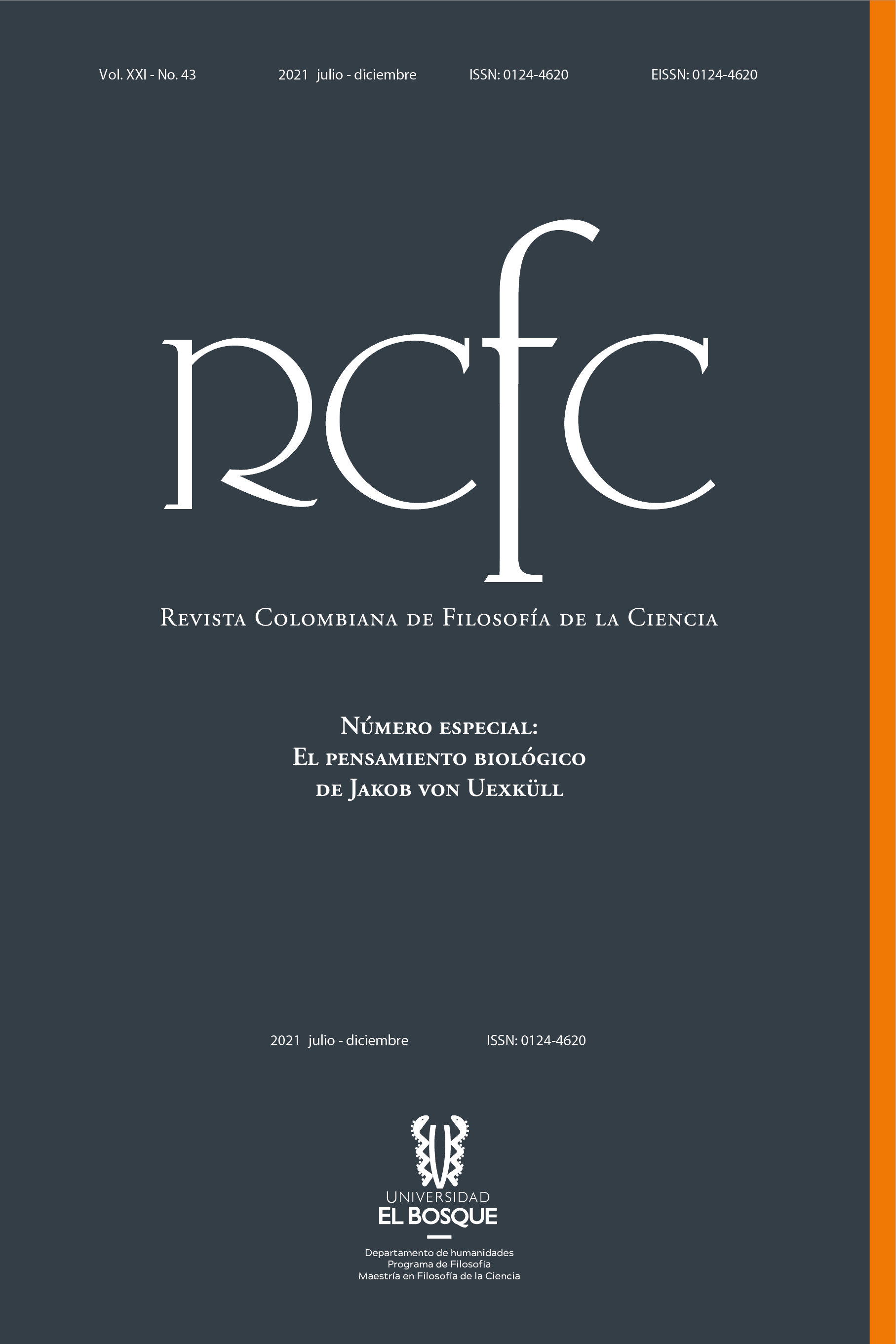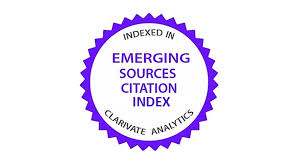Animals, Ethology and Philosopy
DOI:
https://doi.org/10.18270/rcfc.v43i21.3792Keywords:
philosophical ethology, animal subjectivity, desiring condition, explanatory models, animal Dasein, animality, UmweltAbstract
The question of animal subjectivity combines philosophical and ethological research. In this essay I have faced the problem with a philosophical ethology approach. I believe it is wrong to attribute subjectivity to conscience, for two reasons: 1. it is a petitio principii which does not explain the subjective condition; 2. does not consider the high subjectivity of the unconscious. If consciousness is like a light that illuminates cognitive processes, subjectivity, as result of the individual's inner world, precedes consciousness. My proposal is based on a new model of animality that challenges the Cartesian vision of animal machine, governed by automatisms. The innate and learned endowments must be considered tools, available to the individual, not automatisms that move him. This means applying a schema model as opposed to the traditional associative model. This transformation makes the individual user and not a slave to his endowments. The scheme model, like the map of a city, allows more functions and gives the individual the possibility to generate new uses to face novelty situations. It also responds to Morgan's canon of parsimony, because it allows the use of the same device for multiple functions and as a heuristic to make targeted attempts in solution processes. Subjectivity is then the ability to immerse oneself in situations, using endowments as tools to enter into a relationship with the world. Subjectivity is Heidegger's Dasein, an ontological quality that characterizes animality. This quality arises from the desiring nature of the animal, which continually leads it to enter into a relationship with its surroundings, hybridizing with external reality. Desire arises from the condition of "being a body" and cannot be assigned to a particular body function. Being desiring makes the animal an entity in continuous transformation, never thinkable in a static way, because it always tends to overcome itself.
Downloads
References
Bateson, Gregory. Mind and Nature: A Necessary Unity (Advances in Systems Theory, Complexity & the Human Sciences). New Jersey: Hampton Press, 20002.
Damasio, Antonio R., Descartes’error: Emotion, Reason, and the Human Brain. New York: Putnam, 1994. Print.
Despret, Vincienne R. What Would Animals Say If We Asked the Right Questions? University of Minnesota Press, 2016.
Gehlen, Arnold, Der Mensch; seine Natur und seine Stellung in der Welt. Bonn: Athenäum-Verlag, 1950. Print.
Gould, Stephen Jay, The Structure of Evolutionary Theory. Cambridge, Mass.: Belknap Press of Harvard University Press, 2002. Print
Gould, Stephen Jay and Elisabeth S. Vrba. “Exaptation-A Missing Term in the Science of Form” Paleobiology 8.1 (1982): 4-15. Print. <https://www.jstor.org/stable/2400563>
Griffin, Donald R. Animal Minds: beyond Cognition to Consciousness. Chicago: University of Chicago Press, 2001. Print
Heidegger, Martin, The Fundamental Concepts of Metaphysics: World, Finitude, Solitude. Bloomington: Indiana University Press, 1995. Print.
Lorenz, Konrad. On Aggression. New York, Harcourt, Brace & World, Inc., 1966. Print.
Marchesini, Roberto. “Knowledge and Different Level of Reality”. Reading Philosophy, Special Issue on Realism and Anti-Realism: New Perspectives. Eds. L. Caffo, S. de Sanctis, V. Santarcangelo: 2014. 53-64. Print.
Merleau-Ponty, Maurice. Phenomenology of Perception. New York: Humanities Press, 1962. Print.
Mayr, Ernst, This is Biology: The Science of the Living World. Cambridge: Belknap Press of Harvard University Press, 1997. Print.
Nagel, Thomas. “What Is it Like to Be a Bat?” The Philosophical Review 83.4 (1974): 435-450. Print.
Köhler, Wolfgang. Gestalt Psychology, an Introduction to New Concepts in Modern Psychology. New York: Liveright Pub. Corp., 1947. Print
Piaget, Jean, Science of Education and the Psychology of the Child. New York: Orion Press, 1970. Print.
Shalins, Marshall. The Use and Abuse of Biology: An Anthropological Critique of Sociobiology. Ann Arbor: University of Michigan Press, 1976. Print.
Skinner, Burrhus F. Science and Human Behavior. New York: Macmillan, 1953. Print.
Tinbergen, Nikolaas. The Study of Iinstinct. London and New York: Oxford University Press, 1951. Print.
Varela, Francisco., Thompson, Evan., and Rosch, Eleanor. The Embodied Mind. London and Cambridge: MIT Press. 1991. Print.
Wilson, Edward O. Sociobioly: the New Synthesis. Cambridge, Mass.: Belknap Press of Harvard University Press, 1975. Print.
von Uexküll J. Jakob, “A Stroll Through the Worlds of Animals and Men. A Picture Book of Invisible Worlds”. Instinctive Behavior. The Development of a Modern Concept. New York: International Universities Press, 1954. 5-80. Print.
Downloads
Published
How to Cite
Issue
Section
License

This work is licensed under a Creative Commons Attribution-NonCommercial-NoDerivatives 4.0 International License.

| Article metrics | |
|---|---|
| Abstract views | |
| Galley vies | |
| PDF Views | |
| HTML views | |
| Other views | |











